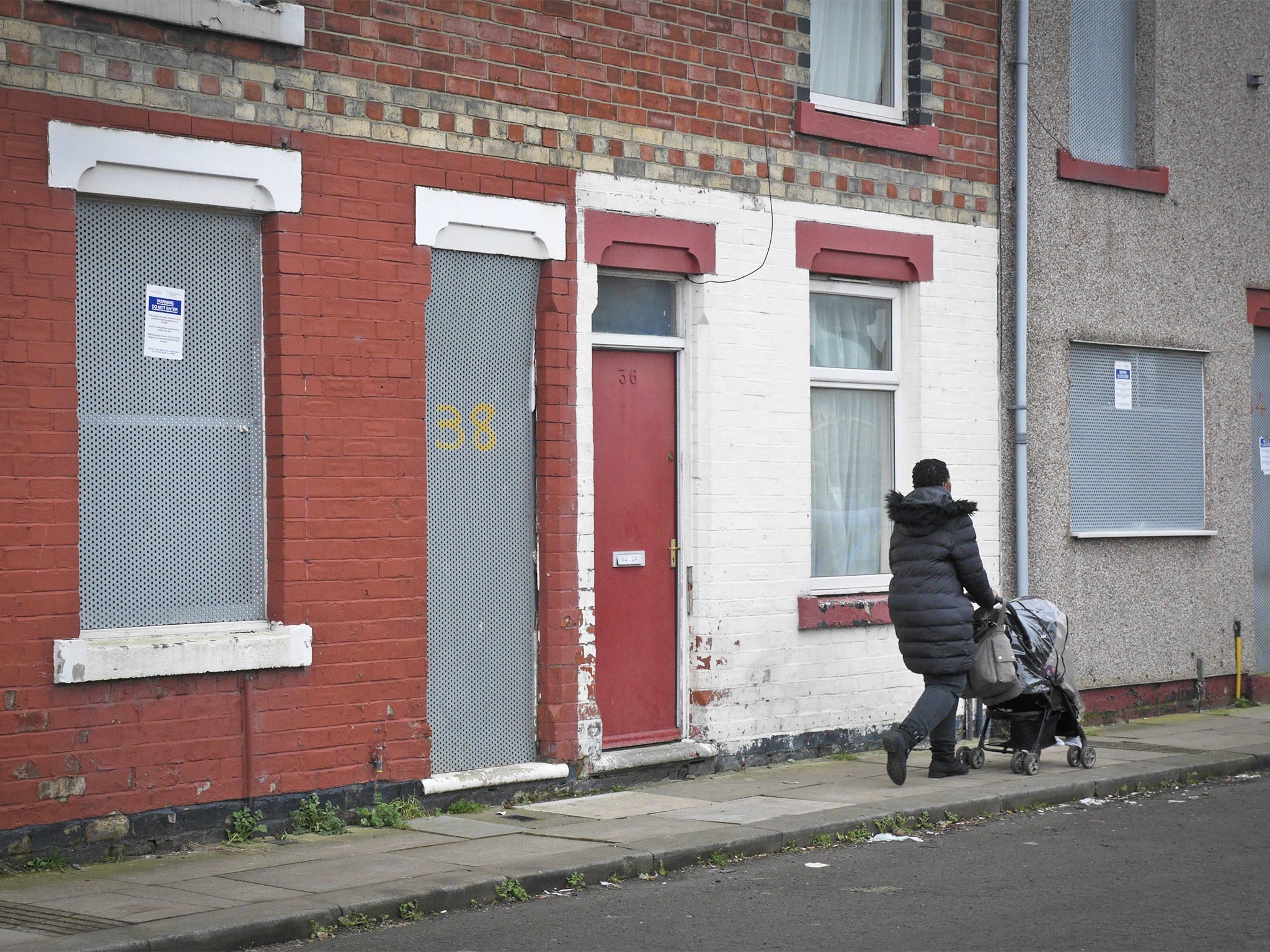Companies providing asylum seekers housing putting profits ahead of wellbeing, says study
'Asylum seekers are seen as a burden in the UK and this has meant that concerns over profit have taken precedence over the needs of asylum seeker

Your support helps us to tell the story
From reproductive rights to climate change to Big Tech, The Independent is on the ground when the story is developing. Whether it's investigating the financials of Elon Musk's pro-Trump PAC or producing our latest documentary, 'The A Word', which shines a light on the American women fighting for reproductive rights, we know how important it is to parse out the facts from the messaging.
At such a critical moment in US history, we need reporters on the ground. Your donation allows us to keep sending journalists to speak to both sides of the story.
The Independent is trusted by Americans across the entire political spectrum. And unlike many other quality news outlets, we choose not to lock Americans out of our reporting and analysis with paywalls. We believe quality journalism should be available to everyone, paid for by those who can afford it.
Your support makes all the difference.Britain’s asylum seeker housing is geared towards making profits rather than the wellbeing of those it accommodates, according to the first major study of the system since it was privatised.
The privatisation of the housing system, combined with austerity cuts, has resulted in a rapid shrinking of Government support for asylum seekers and created a dependency on limited charitable resources, the study found.
The research was conducted by a leading expert on European migration and asylum amid growing concerns about the treatment of the rising numbers of refugees who claim asylum in the UK.
The system for housing asylum seeker was privatised in 2012 in a move aimed at saving the Government £150m. Six contracts signed by the Coalition in March 2012, collectively known as COMPASS, transferred the accommodation from a mixture of local authorities, private landlords and housing associations to three private contractors.
Dr Jonathan Darling from the University of Manchester, whose study examined the enforced dispersing of asylum seekers away from London, found the system has become “increasingly fragmented” and is now only viewed in terms of “resource allocation, cost and productivity”.
He added: “What we’ve seen across the UK is that the process of privatising asylum accommodation differs a little in terms of local context, but has predominantly resulted in a reduction in support provision, gaps in responsibility for addressing complaints and a lack of long-term planning or consideration for integration.”
The study comes just two days after it was reported that 300 asylum seekers are to be housed in a hotel near Manchester Airport, with a Manchester City Council warning it has been left in the dark over the plan. A Government report concluded last month that the doors of houses in Middlesbrough had not been deliberately painted red by a housing contractor to highlight where asylum seekers were living following claims the practice had made them a target for abuse and violence.
The Home Affairs Select Committee warned earlier this month there is an “impending shortage” of housing for asylum seekers and the issue is being made worse by a lack of “fair and equal dispersal”.
The majority of asylum seekers are in low-cost housing in urban areas such as Glasgow, Birmingham, Liverpool, Middlesbrough and Rochdale. Rochdale’s Labour MP Simon Danczuk this week accused the Government of “dumping” asylum seekers in the town, which now has more than 1,000 cases.
“Asylum accommodation has been badly hit by cutbacks since the introduction of austerity measures,” said Dr Darling, who has now called for a review into the dispersal and housing of asylum seekers.
“Asylum seekers are seen as a burden in the UK and this has meant that concerns over profit have taken precedence over the needs of asylum seekers.”
Dr Darling says the effect of the cuts has been to “socially isolate” asylum seekers as the expertise developed within local councils to support them has been lost through privatisation.
The Independent has contacted the Home Office for a comment.
Join our commenting forum
Join thought-provoking conversations, follow other Independent readers and see their replies
Comments